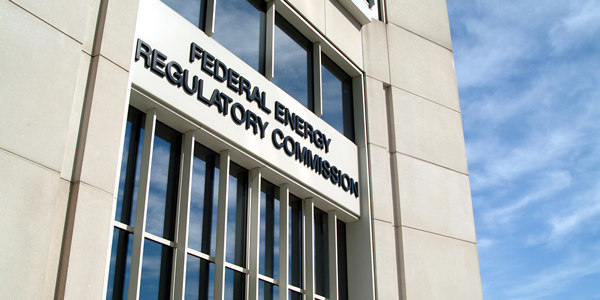By Tom Kleckner
FERC has accepted SPP’s proposal to refine its generator interconnection procedures by instituting a three-stage study process (ER19-1579).
The RTO’s Tariff revisions adopt a three-phase process of thermal and voltage analysis, stability analysis, and facilities study. They also change the eligibility for refunds of financial security.
The commission rejected concerns from Enel Green Power and EDF Renewables that SPP did not have the staff and resources to accomplish all the revisions’ components.
“We are not persuaded to substitute our judgment for SPP’s in determining the level of staff and resources that SPP needs to implement its proposal,” the commission wrote in the June 28 order. It pointed out that the reforms might reduce redundancies and result in the “more efficient use of administrative time” that could be devoted to the new study process.
The changes include the elimination of the feasibility and preliminary queues, changes to the amount and timing of security deposits, publishing study models earlier in the process, and allowing penalty-free withdrawals when costs increase above certain thresholds. They became effective July 1.
The Tariff revisions were approved by SPP stakeholders in January following several years of development. The RTO filed its request in April. (See “Stakeholders Approve Streamlined Generator Interconnection Process,” SPP Markets & Operations Policy Committee Briefs: Jan. 15, 2019.)
In its filing, SPP said it had more than 440 interconnection or modification requests, totaling 81 GW of new generation capacity, in its interconnection study queue.
Enel and EDF argued it was unjust and unreasonable to “subject interconnection customers to higher and potentially nonrefundable financial security and a longer queue process” if SPP was unable to efficiently handle the process studies.
FERC disagreed, saying SPP’s proposal to separate the security deposit into three payments, which are due before each of the three phases and become “further at-risk as the interconnection customer progresses through the queue … should help dissuade more speculative projects from entering later study phases, which should decrease the number of late-stage, disruptive withdrawals.”
The commission also found the security deposit’s financial outlays were not “excessive.”
“Under SPP’s design, the total financial security an interconnection customer will pay is roughly 20% of its estimated network upgrade cost responsibility, which is the total payment required for SPP’s existing initial payment,” FERC said.






